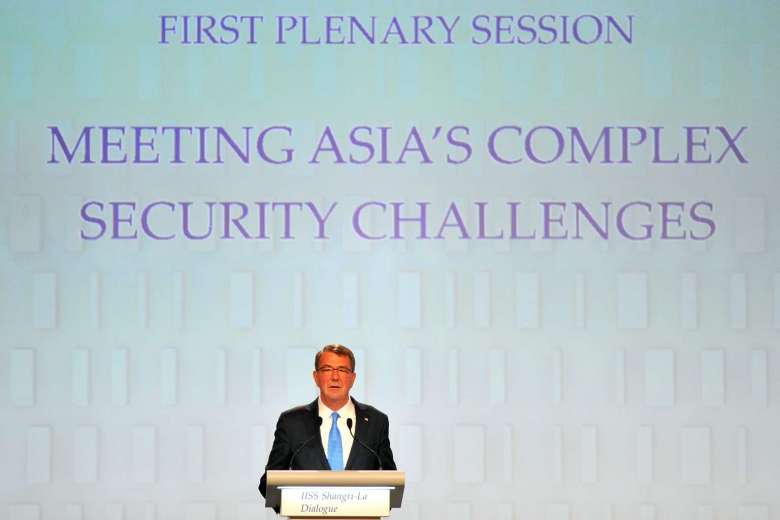
In this virtual roundtable of six podcasts hosted by Professor Sarwar Kashmeri, the Foreign Policy Association aims to shed some light and serve as a catalyst for developing awareness, understanding and informed opinions on the key issues that face American policymakers as they seek to peer over the horizon to manage the U.S.-China relations.
The rivalry between the United States and China is potentially the most important geopolitical issue facing American policymakers today. Over the past 500 years, 12 of 16 geopolitical confrontations between an existing power and its fast-growing rival have ended in war, including Germany and Britain who collided in WWI in spite of their large commercial relations.
When war was avoided, it required huge, painful adjustments in attitudes and actions from both the challenger and the challenged. Will the U.S. manage to accommodate a rising China as Beijing seeks to expand its influence in the Asia-Pacific region and in particular in the South China Sea?
In this first installment Ambassador Kishore Mahbubani, Dean of the Lee Kuan Yew School of Public Policy at the National University of Singapore, gauges the ‘temperature’ of U.S.-China relations.
“There is a very high degree of wariness on both sides” noted Ambassador Kishore Mahbubani. “Fortunately, things are not as bad as they should be because when a new great power emerges, like China, and when it is on the verge of becoming the #1 power, there is usually rising levels of suspicion and tension between the two great powers. So what you are seeing now is something that is very abnormal.”
For more analysis on the U.S.-China relations, listen to the other podcasts of the virtual roundtable: